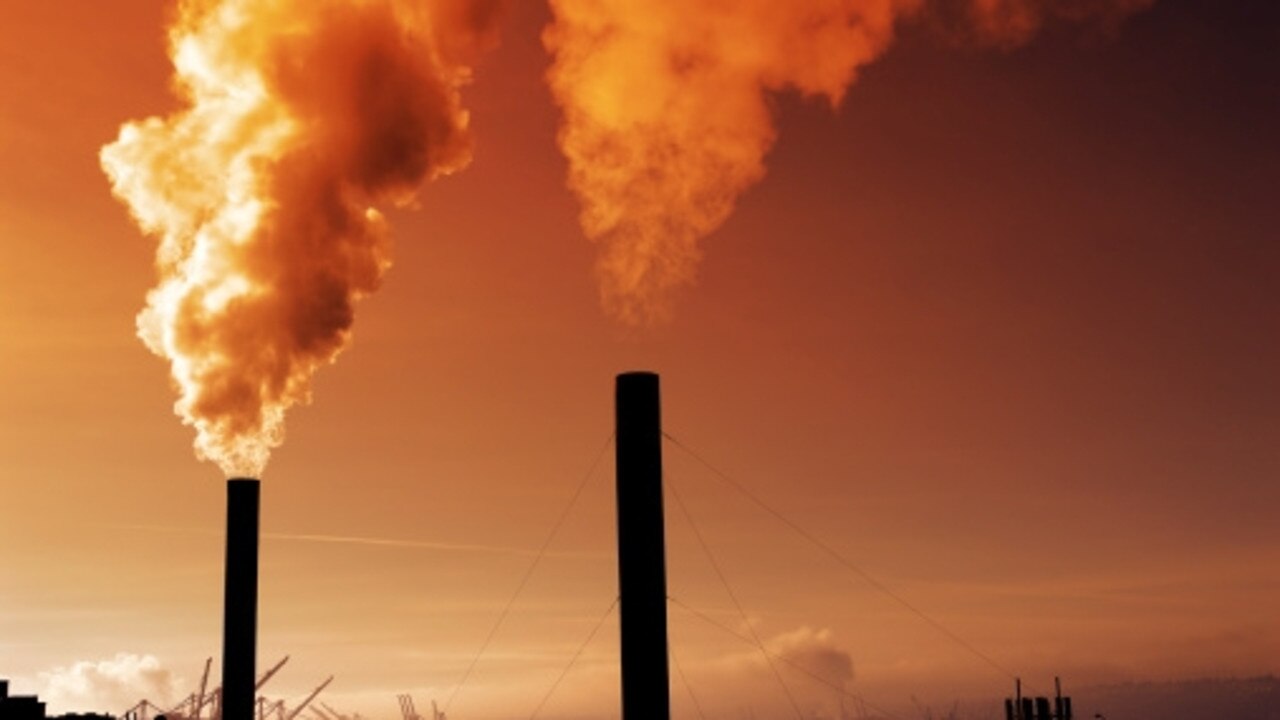BHP says climate policy moves won’t badly affect its earnings
BHP Billiton has moved to quash concerns it will be badly affected by co-ordinated global moves to combat climate change.

Mining giant BHP Billiton has moved to quash concerns it will be badly affected by co-ordinated global moves to combat climate change, releasing internal analysis that shows before-tax earnings could still nearly double to about $US32 billion ($45.8bn) over the next 15 years, even under shock policy moves to limit warming and with rapid technological advances.
While BHP’s oil and energy coal businesses would take a hit under a scenario where the world pursued a co-ordinated policy to limit global temperature increases to 2C by 2030, its uranium, gas, copper and even iron ore would benefit, the mining giant’s chief commercial officer, Dean Dalla Valle, said last night.
“In a 2C scenario, we expect the demand for most of BHP Billiton’s products will continue to rise in absolute terms,” Mr Dalla Valle said.
“As the energy mix changes, copper, gas and uranium could see stronger demand than otherwise would have been the case, while measures to reduce emissions in steel manufacturing could also increase policies for the company’s higher quality iron ore.”
Mr Dalla Valle also revealed BHP ran a $US24-a-tonne global carbon price in a “central scenario” when it looked at investments and a $US50 one in its “global accord” scenario where a 2C limit by 2030 was targeted. “We’ve been factoring in a carbon price since 2004 and have run various scenarios for quite a while, but given where we are in the debate, in the lead-up to Paris, and an ambition to take sectorial leadership on this, I think it’s important to come out and show the working behind our statements,” he said from London.
“I think disclosure will help people make better decisions, not just investors but regulators, policy-setters and the public in general.”
UN climate change talks that start on November 30 in Paris are aiming to achieve a legally binding global agreement on climate change.
Under the “global accord” scenario, BHP says its earnings before interest, tax, depreciation and amortisation would slightly more than double from this year to 2030.
Financial analysts forecast BHP will report $US16.6bn of EBITDA this year. Under a “shock event” scenario of aggressive policy moves and rapid technological advances, EBITDA rises by 90 per cent.
Mr Dalla Valle said the world faced two critical challenges — the development of emerging economies through access to affordable energy and limiting global average temperature increases to below 2C relative to pre-industrial levels.
Analysis of the company’s performance under various scenarios is contained in a new BHP report, “Climate Change: Portfolio Analysis”.



To join the conversation, please log in. Don't have an account? Register
Join the conversation, you are commenting as Logout